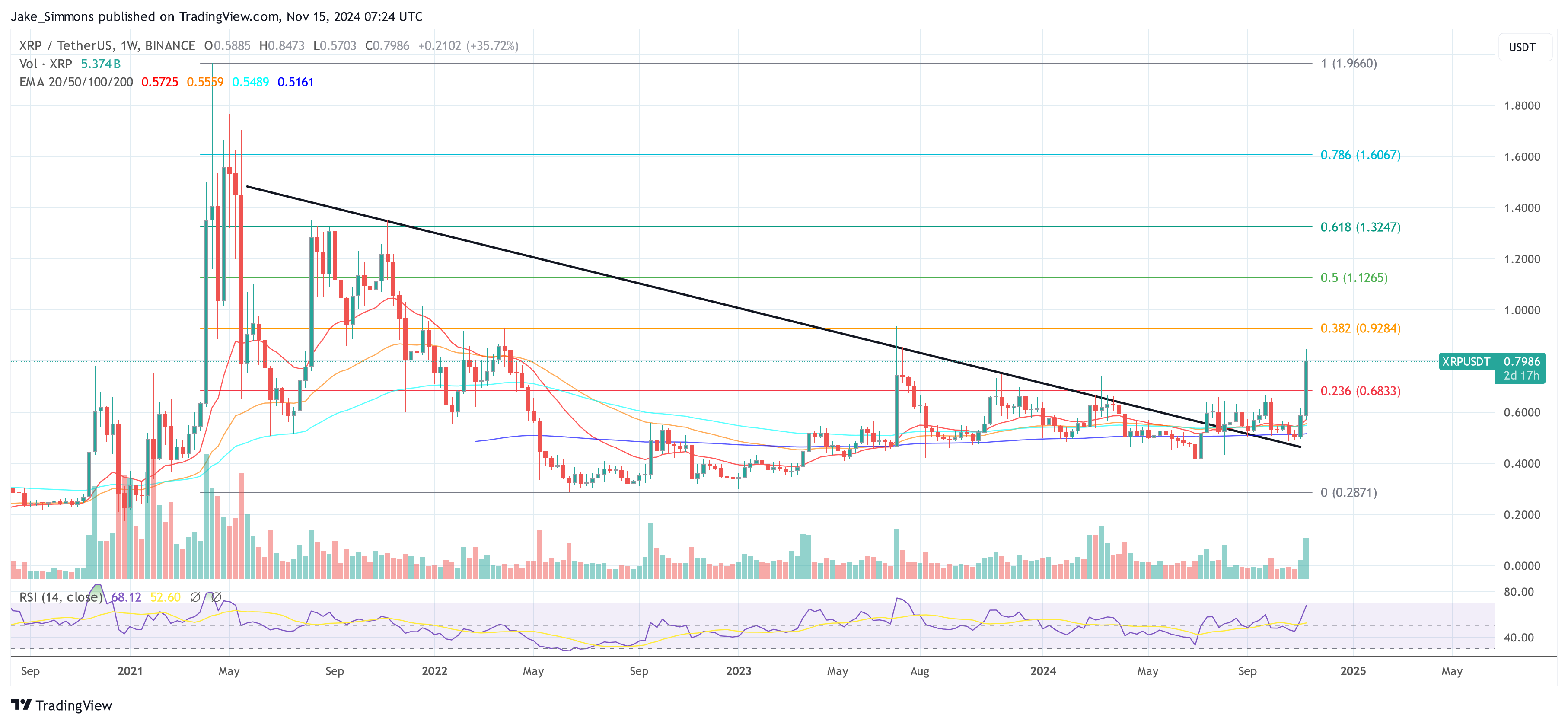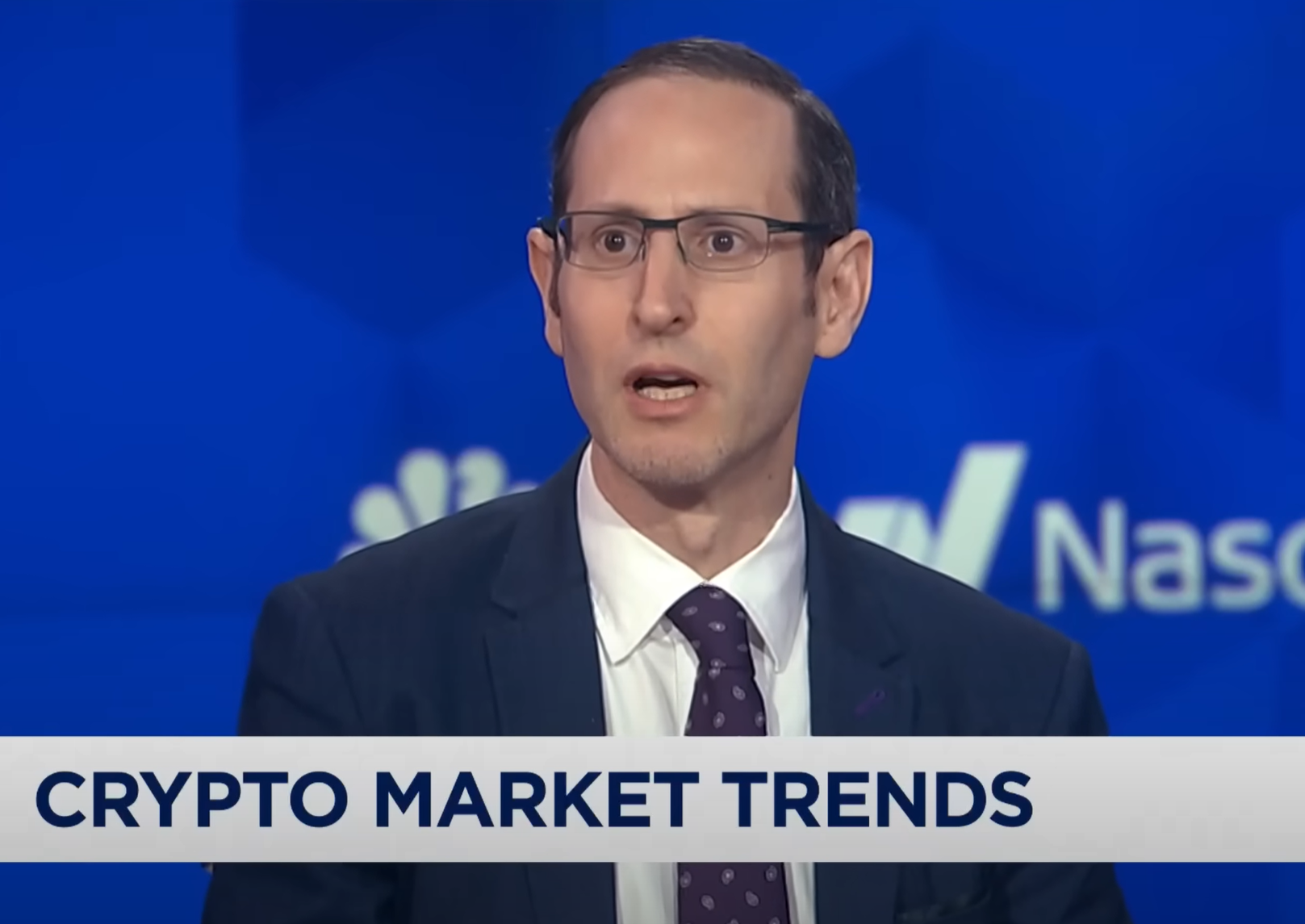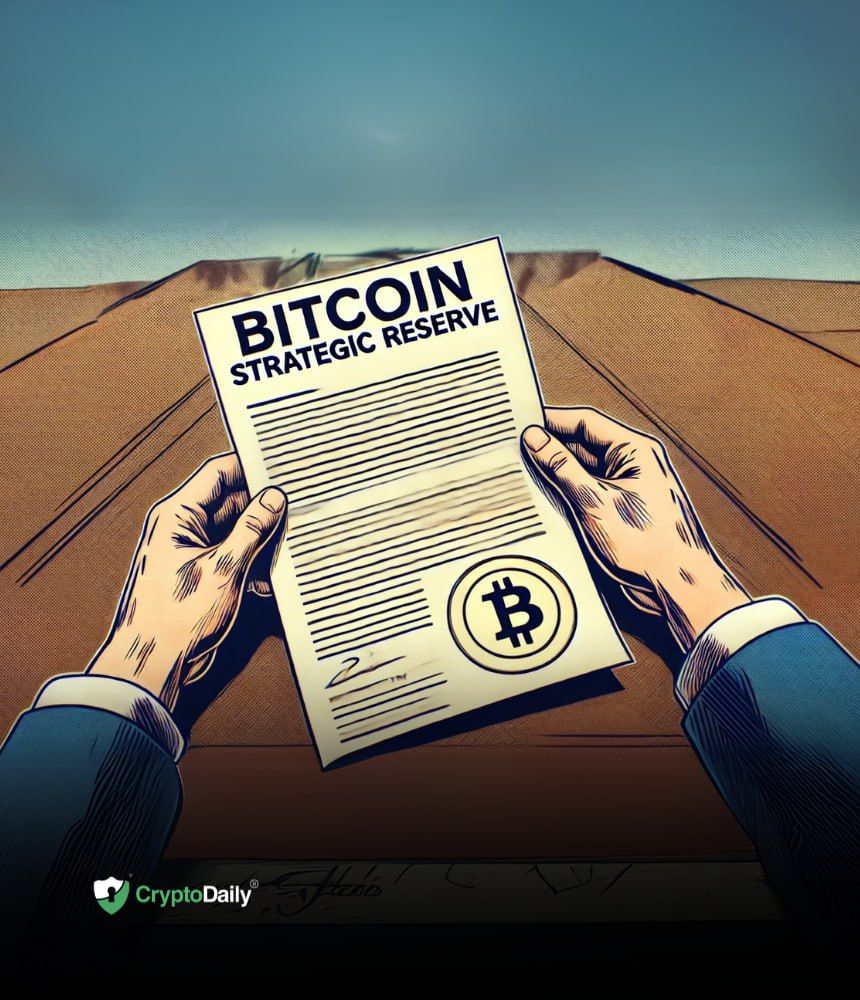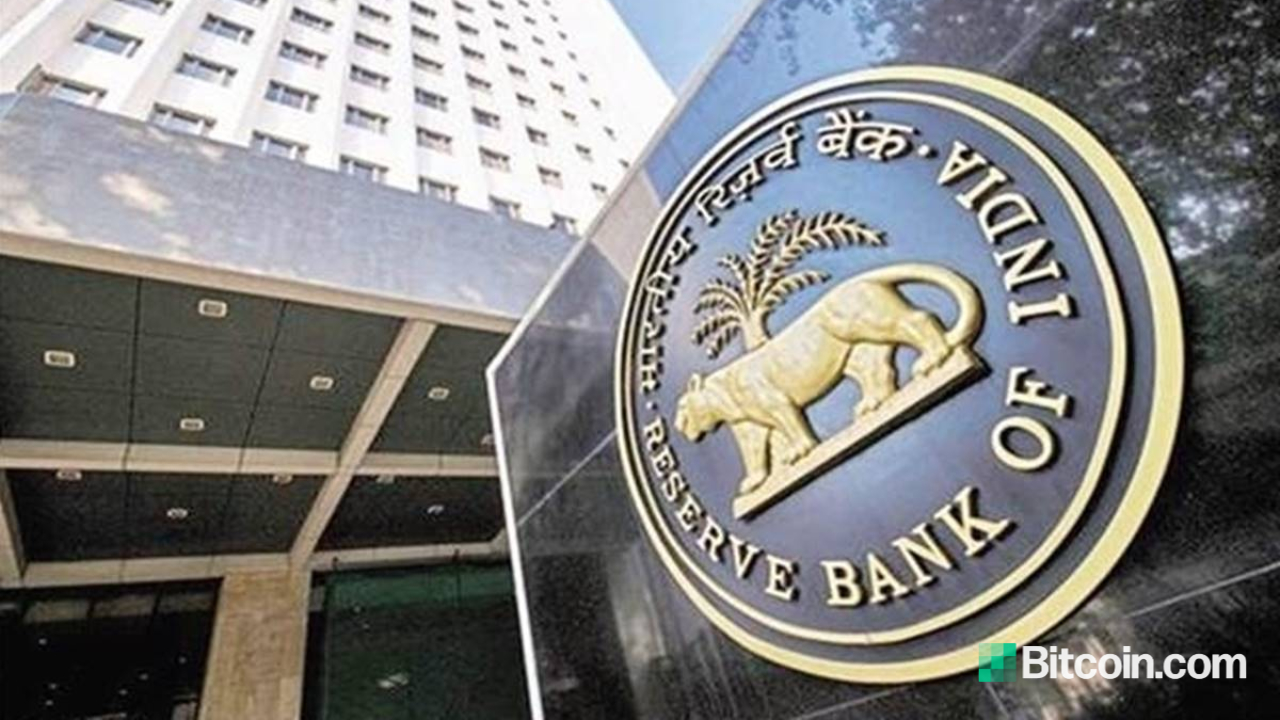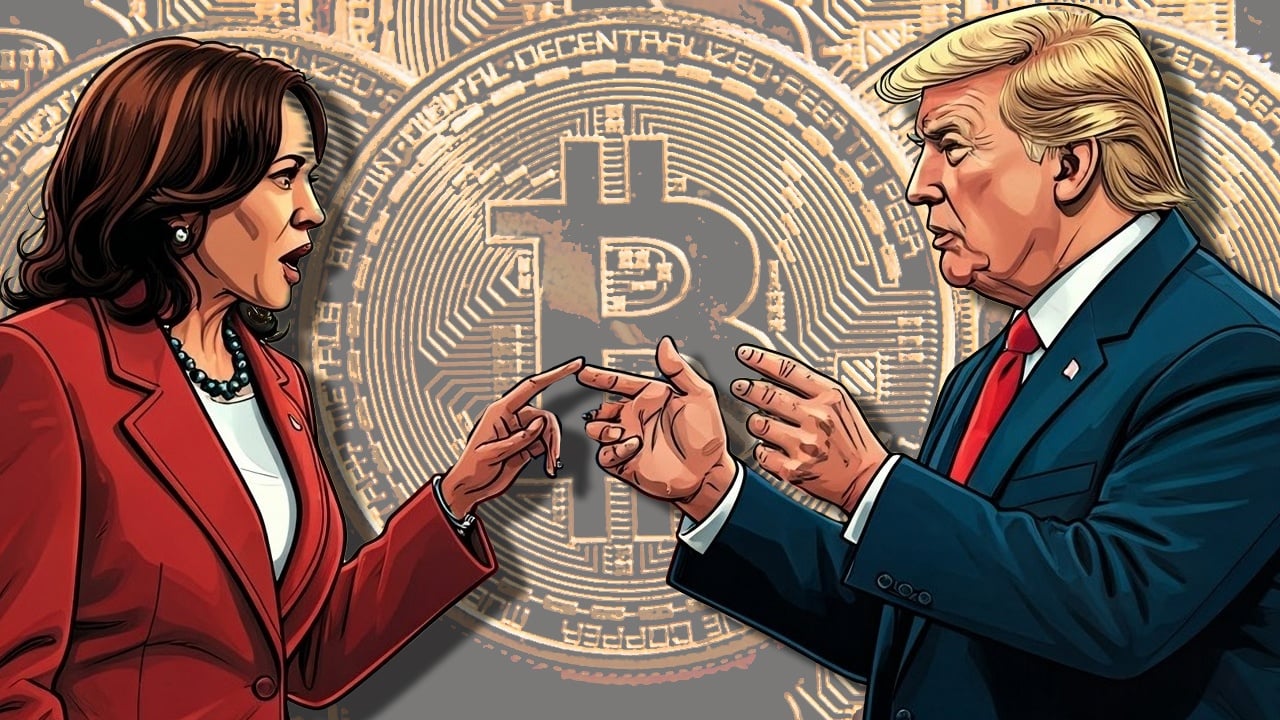Cuba has already created its own central bank-backed cryptocurrency. On top of this, high level government meetings are taking place where cryptocurrencies are been evaluated as to their feasibility for future economic inclusion.
A recent article in Periódico Cubano discussed how the Cuban president Miguel Diaz-Canel was favourable towards cryptocurrencies, and wanted to see feasibility studies carried out as to their potential impact on the Caribbean island economy.
The Cuban president is keeping his cards close to his chest but has said that he is evaluating the “convenience of using cryptocurrencies in the national economy”.
Diaz-Canel, a qualified electronic engineer, said that he would keep the people advised of how he was expecting cryptocurrencies to be used in the economy, but has not elaborated any further on the matter as yet.
Not all in the Cuban cryptocurrency sector is well though. A recent fraudulent investment scandal is occupying the media and has caused the president to distance himself by stating that investment pyramid schemes “are not promoted or endorsed by the Cuban State.”
In a recent speech on cryptocurrencies, the president expanded on why he was looking at these particular assets. In this speech he said:
“the country is studying the use of cryptocurrencies with the aim of belonging to a financial scheme that does not have the dollar as the central point of monetary transactions.”
This can be taken as a very clear denunciation of the dollar and could be the first step that any country has taken so far on the path of moving away from reliance on the dollar reserve currency system.
Whether Cuba does go ahead and purchase one or several cryptocurrencies, or whether it will create its own digital currency still remains to be seen.
China has gone down the route of creating its own central bank digital currency. Many would argue that this isn’t a cryptocurrency at all, and that it would be totally centralised. However, China has already completed successful pilots in various regions and is looking to roll out the currency across the country later in the year.
Disclaimer: This article is provided for informational purposes only. It is not offered or intended to be used as legal, tax, investment, financial, or other advice.
Credit: Source link





